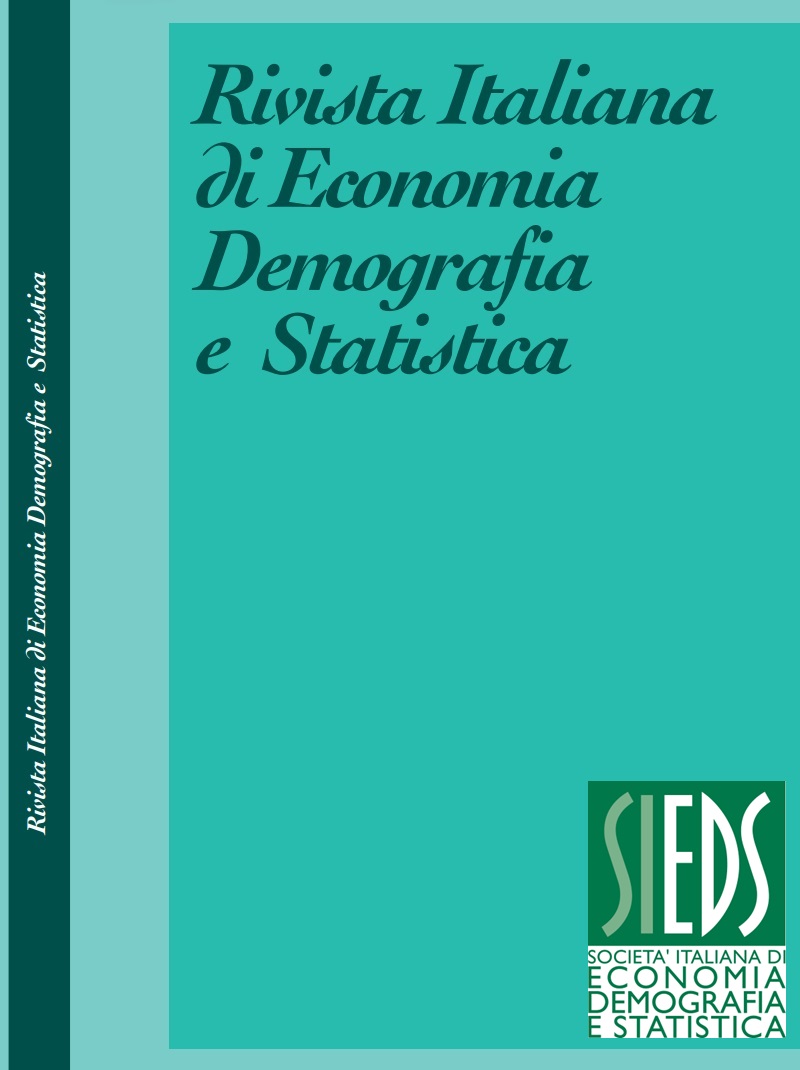In the name of weak legality? Dangerous relations between citizenship income, non-observed economy and tax cheaching
Abstract
The incidence of requests for financial subsidies linked to the Citizenship Income (RdC) -especially in the Southern territories- is high. Here there is also the highest rate of unemployment and poverty and a structural vulnerability of the productive system. However, after two years of applying the anti-poverty measure, which also includes job placement, few people have found work. In addition, many fraudulent uses of the RdC benefit have been detected. Many recipients of RdC worked in the informal and underground economy (Frey et al., 2000), and sometimes even in the illegal economy. Using data from the Ministry of Economy and Finance referring to 2018 and 2019, and relating them to the Istat national economic accounts and those of INPS, we demonstrate the presence of tax fraud behaviour appropriately also referring to entrepreneurial activities developed throughout the national territory and not only in the South and explicitly referring also to the employment of undeclared workers. The guiding hypothesis is that the presence of a “weak legality” (specifically, rules that are unable to structurally solve the problem and the absence of capillary and adequate controls against fraud) encourages workers and entrepreneurs' opportunistic behaviour deterring it.
Downloads
Published
Issue
Section
License
Copyright (c) 2022 Umberto Di Maggio, Giuseppe Notarstefano, Giuseppe Terzo

This work is licensed under a Creative Commons Attribution 4.0 International License.



